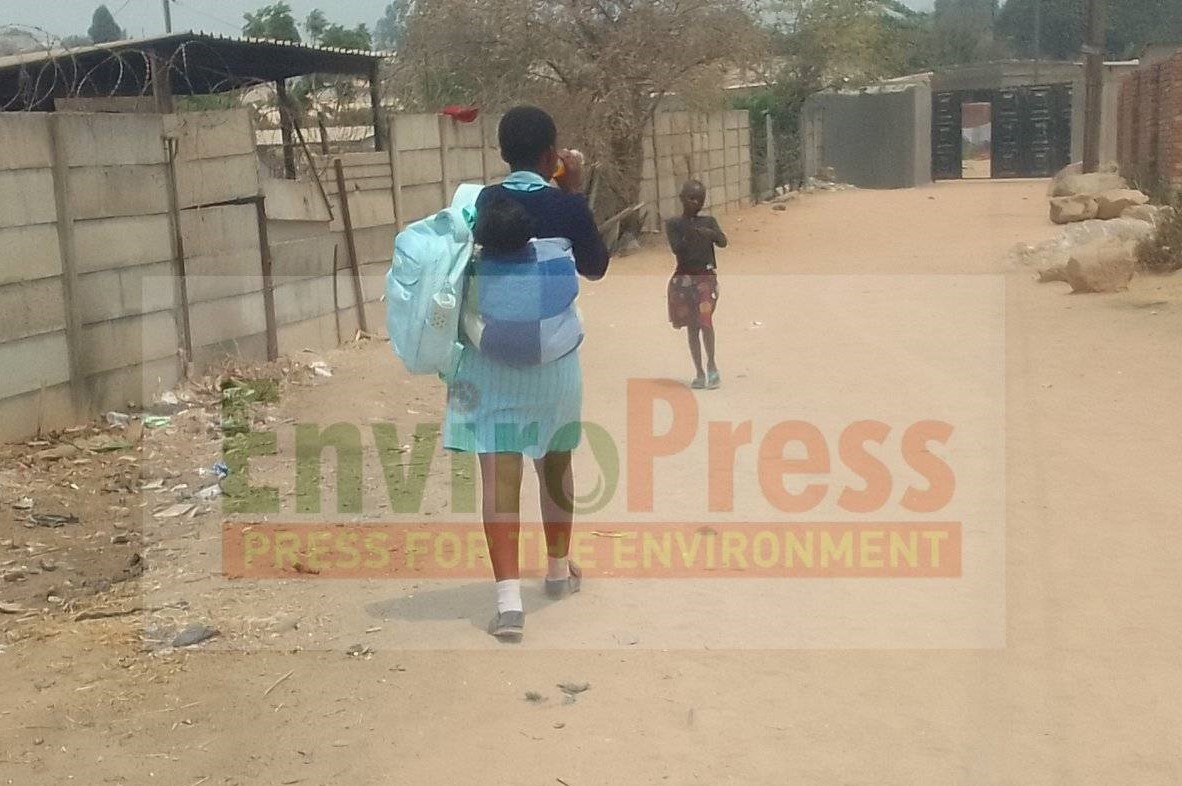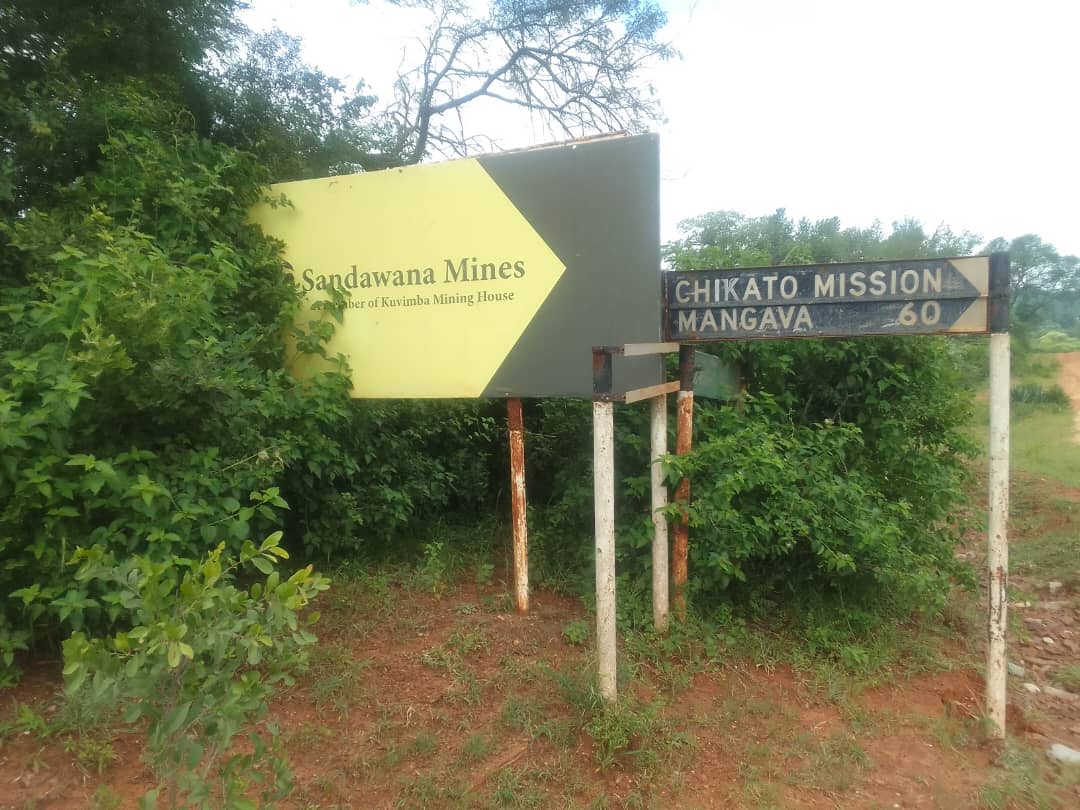EJWP’s campaign explores the care economy vis-à-vis GBV, focusing on issues including sexual harassment at work, and child marriages
Moses Ziyambi
The 16 Days of Activism Against Gender Based Violence should this year move beyond calls for action, and should crystalise into a movement towards lasting change, ensuring that no woman or girl suffers in silence.
These sentiments were shared by Economic Justice for Women Project (EJWP) Zimbabwe in a statement marking the beginning of the campaign.
“This year’s campaign encompasses a holistic approach to a focused campaign to raise awareness and empower women on combating GBV relates to a holistic approach that communities, policy makers, religious leaders and all stakeholders must adopt to ensure the end of economic, physical and emotional GBV within the country and across the region,” reads part of the statement.
The 16 Days of Activism Against Gender Based Violence runs from November 25 – December 10, 2024 under the theme ‘Unite to End GBV for women and girls #StopGBVNow #ActNow #HerVoiceMatters’.
On the ground, EJWP has joined the activism through a number of activities meant to help drive the point home and fight the normalisation of GBV in such areas as Arcturus, Bindura, Kadoma, Lupane and Hwedza.
The activities are being conducted as part of the broader campaign titled “A Focused Campaign to Raise Awareness and Empower women in Combating Gender-Based Violence in Zimbabwe”. Under the campaign, EJWP focuses on care justice exploring the relationships between the care economy in Zimbabwe’s mining communities and Gender Based Violence.
Cases of GBV in the care economy include gender-insensitive employment policies, sexual harassment at workplaces, conflict between communities and mining companies over water rights, poor or lack of access to optimum health and education, and child marriages.
With support from Southern Africa Trust (SAT), EJWP is implementing the project in partnership with the Amalgamated Rural Teachers Union of Zimbabwe (ARTUZ), Female Students Network (FSN), and Southern African Parliamentary Support Trust (SAPST).
“Together, we are amplifying survivor voices, raising awareness, and pushing for systemic reform to eliminate GBV in Zimbabwe,” EJWP said in the statement.








